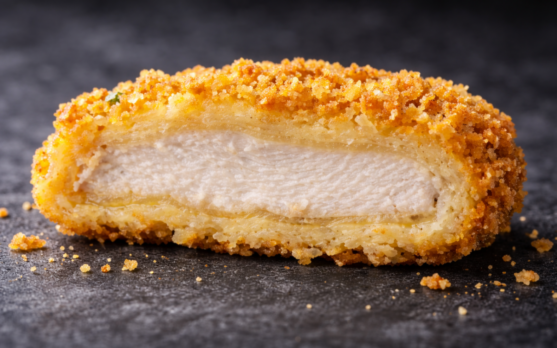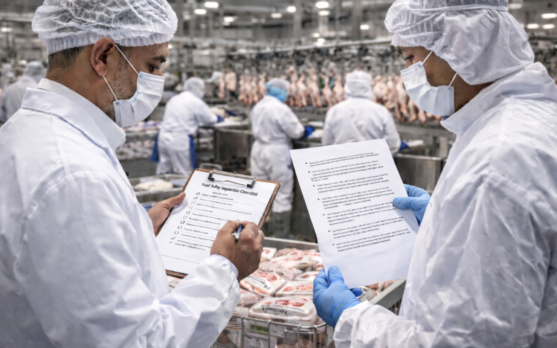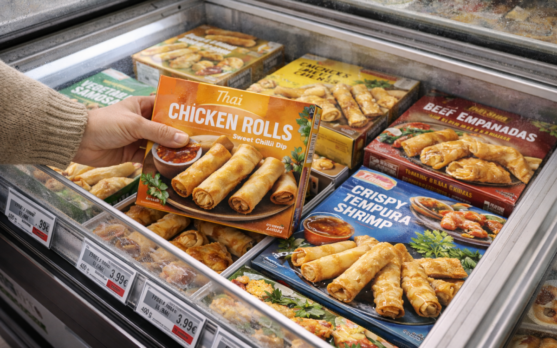"Personalized Nutrition Starts Now" - What’s Your Biology Eating Today?
Imagine a meal plan made just for you—not based on trends, but on your genes, gut, lifestyle. Welcome to the age of personalized nutrition: where your food choices become as unique as your fingerprint, and health data guides the dinner table.

Let’s start with a simple idea: we’re not all the same. We digest differently, crave differently, react differently. Yet, for decades, food has been marketed as if one size fits all. Grocery aisles are filled with generic solutions-“heart-healthy,” “low-fat,” “high-protein”-with no clue whether they actually work for you.
That’s changing. Suddenly, nutrition is not just about macros or health claims, but about you. Not your age, your location, or your membership in a demographic bucket. You, personally.
The movement began quietly-gut-health trends, microbiome experiments, allergy awareness. Now it’s catching fire. People are taking food-first labs, spit into tubes, send them off, and get back a breakdown: your genes, gut bacteria, vitamin levels, metabolic markers. Based on that, meal kits are assembled, apps suggest recipes, even grocery subscriptions adjust to your needs.
And this isn’t fringe anymore. Many new food brands are building around that promise. “Food that knows you,” as one startup put it. Another advertises dinner plans that adapt as your biometrics change. Eat too much sugar? Your next box has less. Got low magnesium? A snack gets tweaked. It’s like having a nutritionist in your pocket with a database of 10,000 meals.
Now add AI, and the puzzle gets even richer. Algorithms analyze your health profile, your preferences, your activity, even your stress levels-because yes, we all eat differently when we’re anxious or tired. Then it suggests meals that hit your nutritional profile and your mood. Some of this still feels futuristic. But plenty already works today.
Behind the scenes, the data flow is intense. From microbiome sequencing to wearable device inputs, platforms fuse information from labs and daily habits. With that insight, they build a nutrition profile that says: “You need more fiber, less heat, more omega-3.” And, crucially, they deliver it in a meal plan you can follow, not just as numbers on a screen.
Consumers get a sense of control they rarely felt before. No more wild guesswork or random diet fads. Instead, there’s feedback: you log your meals, and the system adjusts. Chewy energy levels? The next suggestion changes. Sleep disrupted? Maybe a calming, magnesium-rich snack. Your plate becomes part of a loop, not a static choice.
This is powerful. Because when food feels made for you-not for the masses-you engage differently. You care more. You notice more. Your choices become part of self-care, not a struggle. It’s part of a broader trend: health liberation via insight.
Brands sense this too. The conversation is shifting. From “low-fat for everyone” to “what does your body need?” From generic vitamin claims to tailored nutrient blends. From bland meal replacement bars to adaptive snacks that shift based on your day’s data. Have a tough workout? The formula shifts. Rest day? It adapts.
On the frozen front, there’s opportunity. Imagine a frozen meal designed for your metabolism profile-one with specific macro ratios, packed with gut-friendly fibers, portioned precisely. Or a smoothie blend frozen at harvest, customized for your vitamin gaps. These aren’t science fiction-they’re pilot programs, quietly testing in niche markets.
Still, challenges remain. Data privacy looms large. Consumers worry: who owns my health data? Will insurers use it? Will I be penalized? Ethical platforms acknowledge this. They encrypt, anonymize, and promise ownership stays with you. But trust must be earned.
Another challenge: complexity doesn’t always scale nicely. Building a meal for one person is already intricate. Building for thousands, with variation, affordability, taste, packaging, shipping-that’s intense. But that’s precisely where the innovation lies: dried sensors, modular ingredient kits, cloud kitchens syncing to algorithmic menus.
Of course, not everyone can or wants to follow a diet based on biology. But that’s not the point. The effect of personalization is already visible even among mainstream consumers: awareness, intention, curiosity. People are wondering: what if my diet was never generic?
That question matters. Because as more food becomes personalized, our relationship with eating changes. It becomes more active, more educated, more collaborative. No longer passive consumption, but active stewardship of our own wellness.
And that's why this wave matters. Not because everyone will do gene-based diets, but because we’re all starting to care that much more about why we eat what we eat-even if it’s a frozen meal.
Part of the series: GLOBAL CONSUMPTION - The 7 Waves
Explore the full editorial journey through seven powerful shifts redefining how we eat, shop, and connect.
Conclusion
Personalized nutrition moves food from the abstract into the intimate. It treats us as individuals with unique biology, not as numbers in focus groups. And even its early forms—from gut-based meal kits to adaptive snacks—are reshaping how people think, shop, and eat. The next wave of consumption won’t just be global. It’ll be unmistakably personal.
Essential Insights
Nutrition tailored to your biology isn’t future talk—it’s here. This shift transforms food from a general need into a personalized experience, making every meal more meaningful and impactful.




